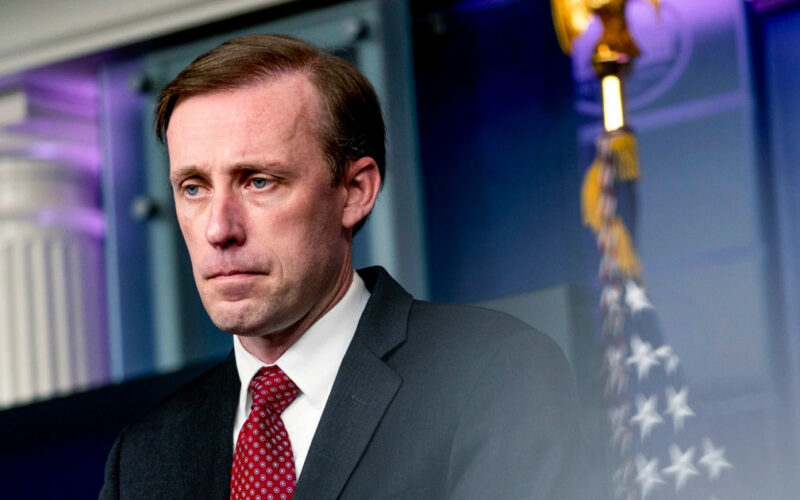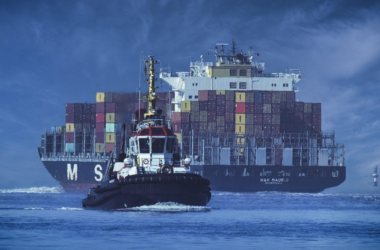A year ago, White House national security adviser Jake Sullivan shook the foreign policy landscape with a bold proclamation of a new “Washington consensus.” This departure from decades of economic orthodoxy and unchecked globalization signaled a paradigm shift in the approach to international relations.
The previous “Washington consensus” epitomized a set of neoliberal policies advocated by institutions like the International Monetary Fund (IMF) and the World Bank. Mandates for austerity, deregulation, and privatization paved the way for an era of globalization, fostering interconnectedness through commerce and trade while propagating the narrative of shared prosperity.
However, disillusionment with globalization has become increasingly prevalent, particularly in the West. Leaders now view globalization with skepticism, attributing its legacy to enriching a few while eroding the stability of the middle class, precipitating the decline of manufacturing jobs, and perpetuating wage stagnation.
Sullivan highlighted the Biden administration’s departure from laissez-faire capitalism, embracing industrial policy and significant stimulus spending as part of a strategy to compete with China.
Despite the evolving landscape, certain global disparities persist and may even be exacerbated. As the IMF and World Bank convened their annual meetings, projections of global growth below pre-pandemic levels and apprehensions about geopolitical tensions dominated discussions.
Geopolitical rifts, particularly between the United States and China, threaten to fragment the global trading system, potentially leading to inefficiencies in the movement of goods and capital and substantial output losses for nations.
This sluggish growth trajectory poses significant challenges for both aging Western societies and developing nations. Stimulus measures implemented by major economies like the United States and the European Union may inadvertently impede investment and opportunities elsewhere, exacerbating disparities in the developing world.
Institutions like the IMF and World Bank face scrutiny for their role in perpetuating inequality, with enforced austerity measures impacting ordinary citizens in recipient countries. Critics argue that these institutions have outlived their utility, exacerbating economic crises in nations like Zambia.
While Western governments grapple with their own economic challenges, poorer countries contend with external debt burdens that stifle their ability to address pressing issues like climate change. The IMF and World Bank are urged to adapt to the needs of the 21st century, with calls for greater accountability and alignment with development goals.
Efforts to address inequality within and between countries are gaining traction, with proposals to curb tax avoidance and promote financial transparency. However, skepticism remains in the Global South, where the legacy of the “Washington consensus” continues to fuel inequality rather than alleviate it.
As global dynamics evolve, there is a growing imperative for a more inclusive and equitable approach to economic governance that addresses the needs of all nations, particularly those most vulnerable to the impacts of globalization.








